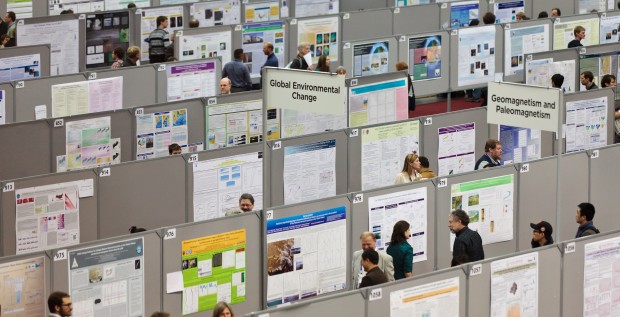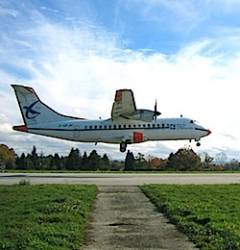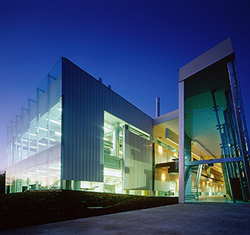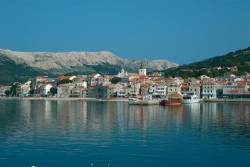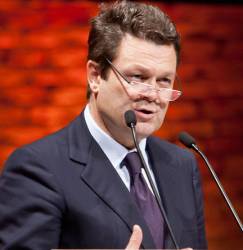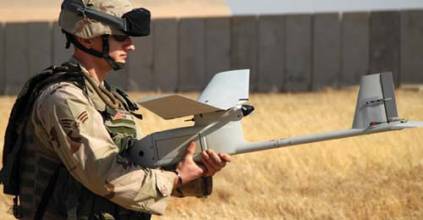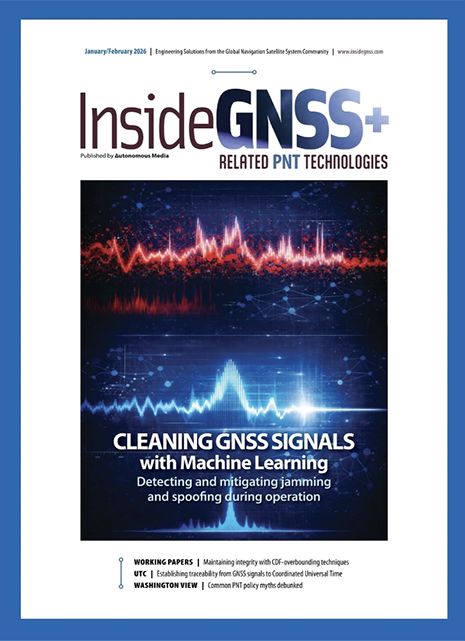Our Harvest Being Gotten In
This is, as they say in Hollywood, a wrap.
The final issue of our seventh year heads off to the printer. And tomorrow I will point my car north and west, returning as generations of Americans have done over the centuries to the family farm, the “home place,” for Thanksgiving.
Because this is the season for gathering in and counting up. For gratitude at what we have received in the year past, and for those untoward things that we have avoided.
By Inside GNSS

